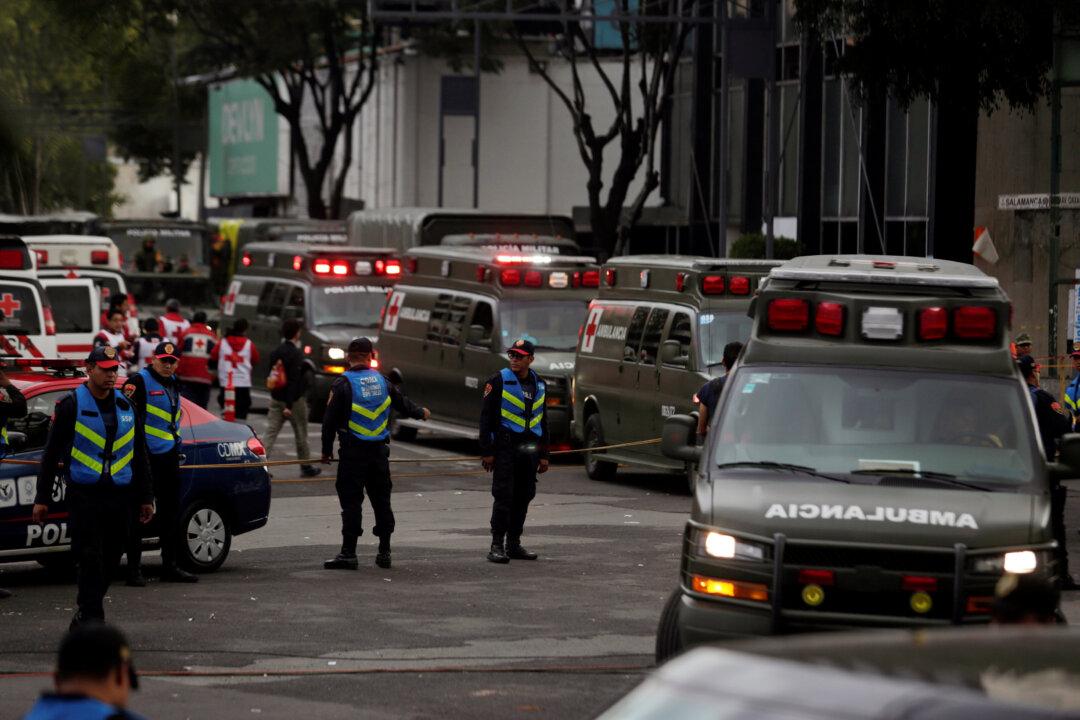MEXICO CITY—An attack on a nightclub in Mexico’s Gulf coast city of Coatzacoalcos killed 23 people and injured 13 late on Tuesday, Aug. 27.
Witnesses told news outlets that the attackers—a group of armed men—started shooting at the bar before throwing multiple objects—believed to be Molotov cocktails—that started a fire, The Mirror reported.





